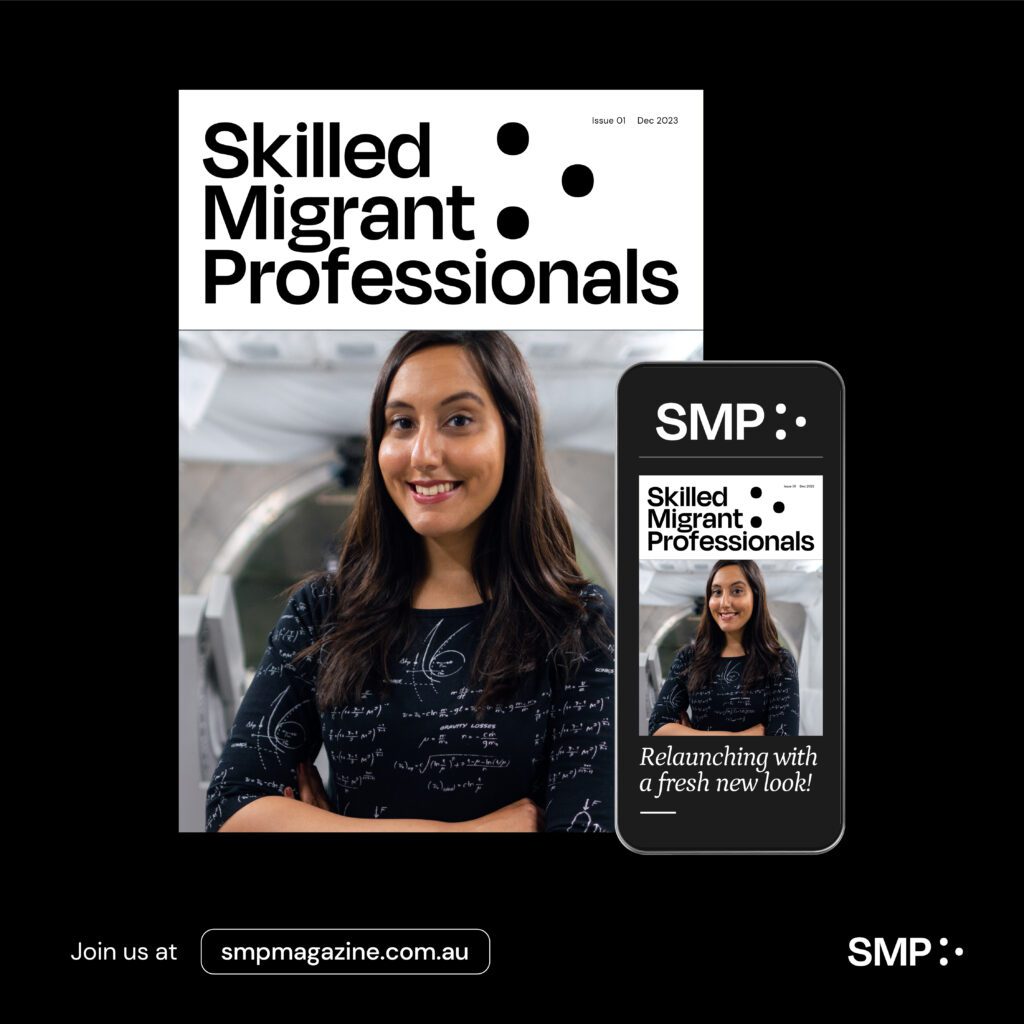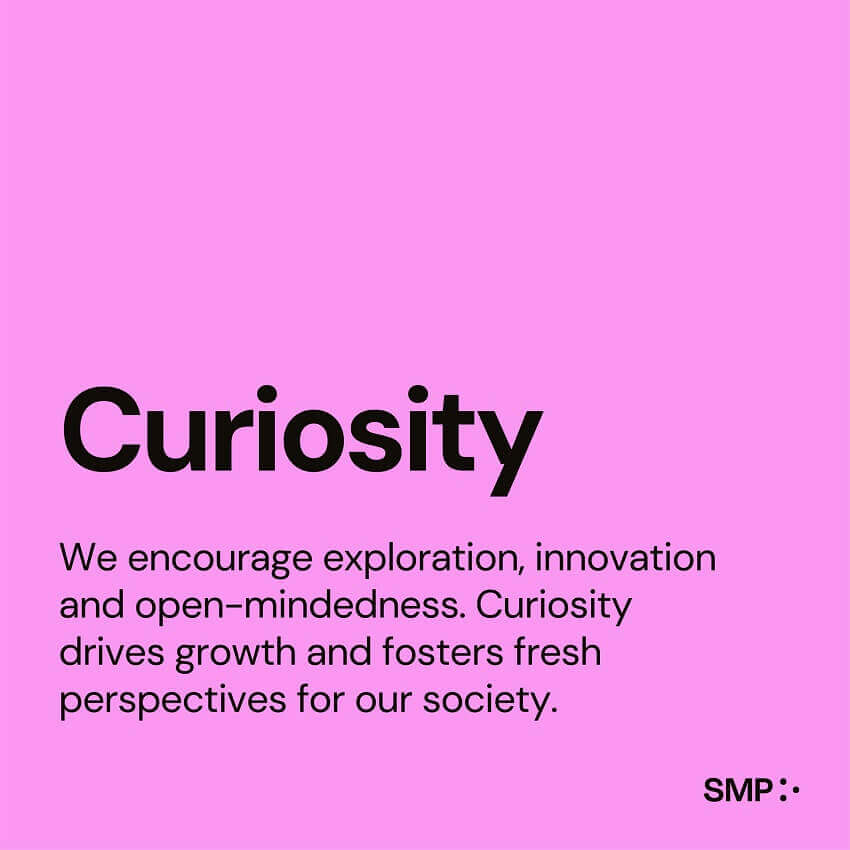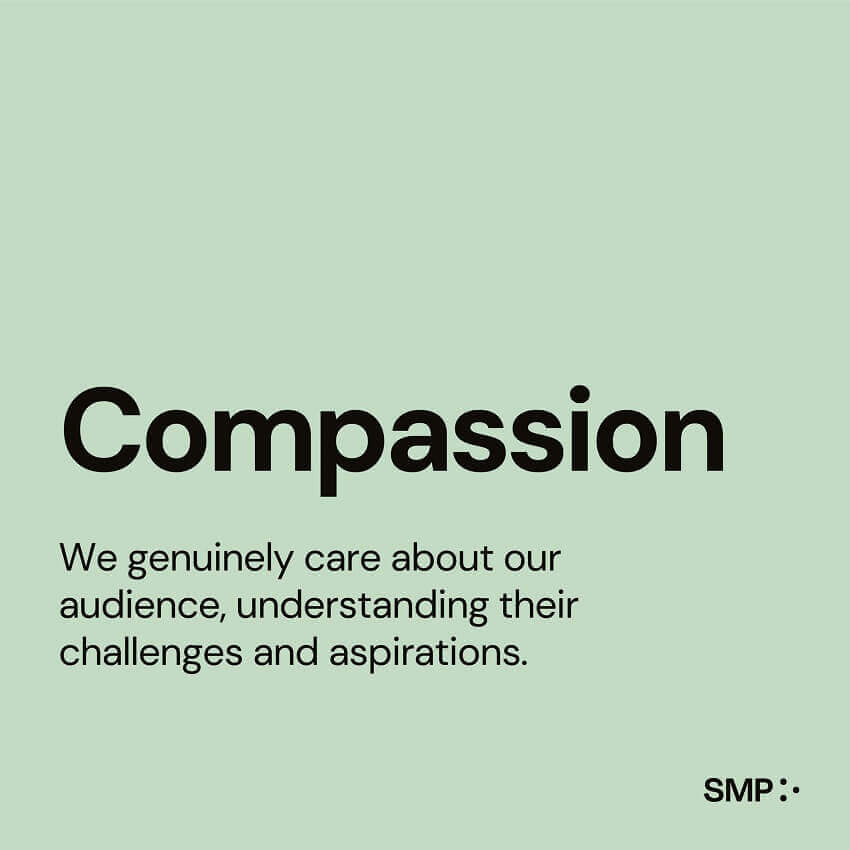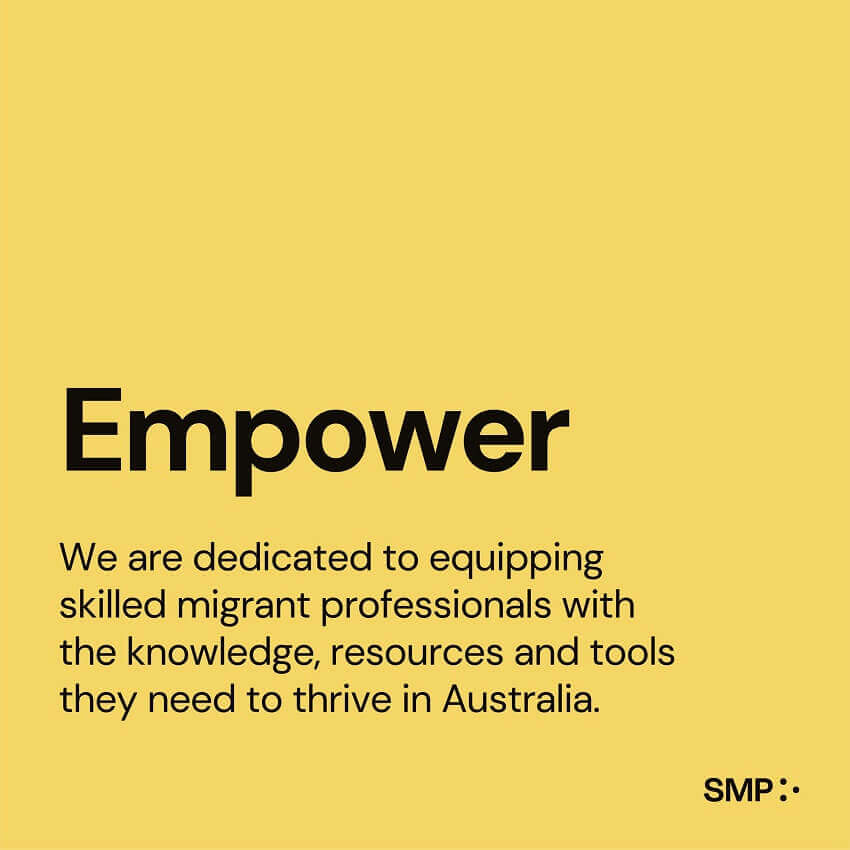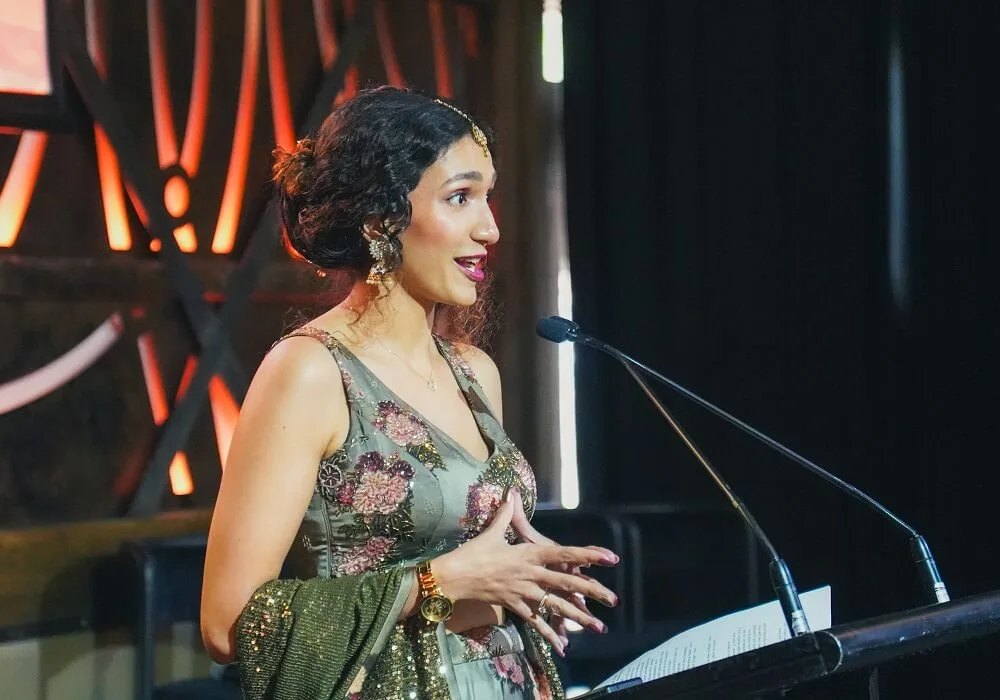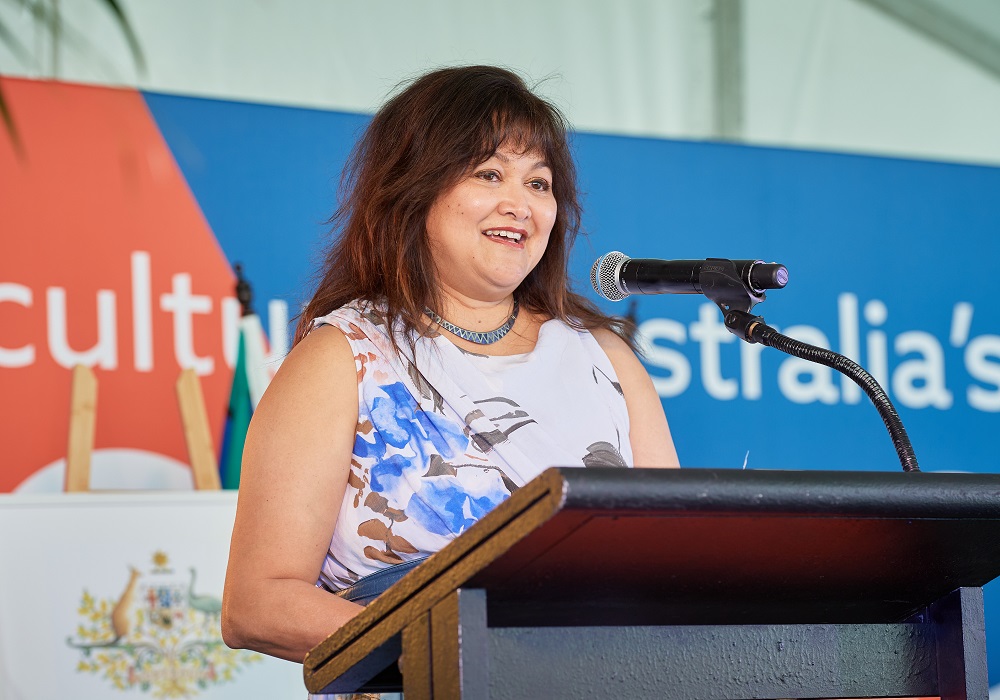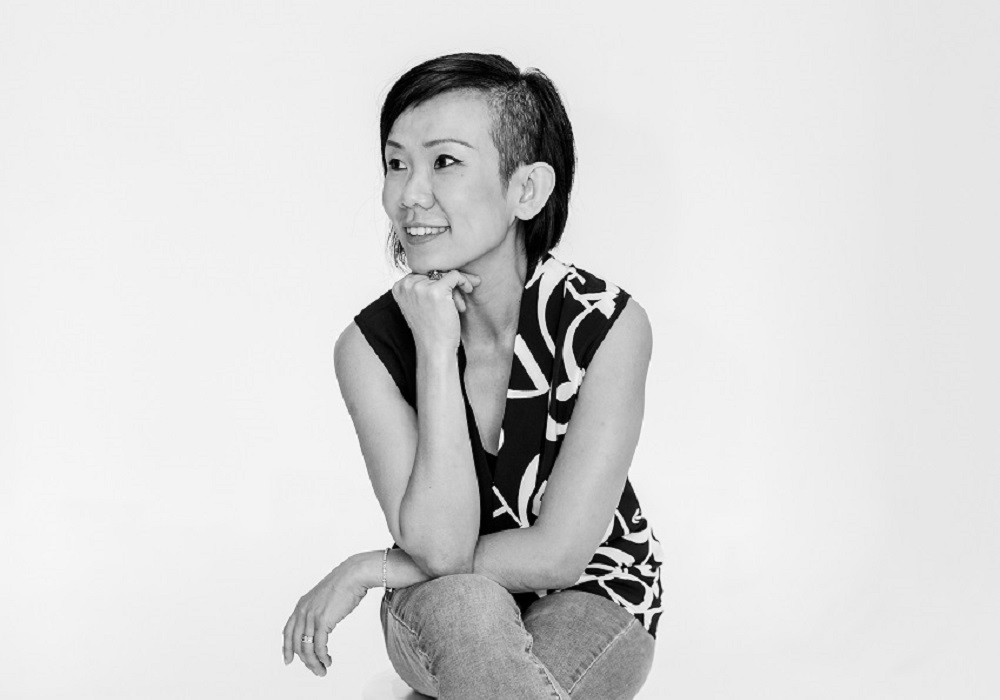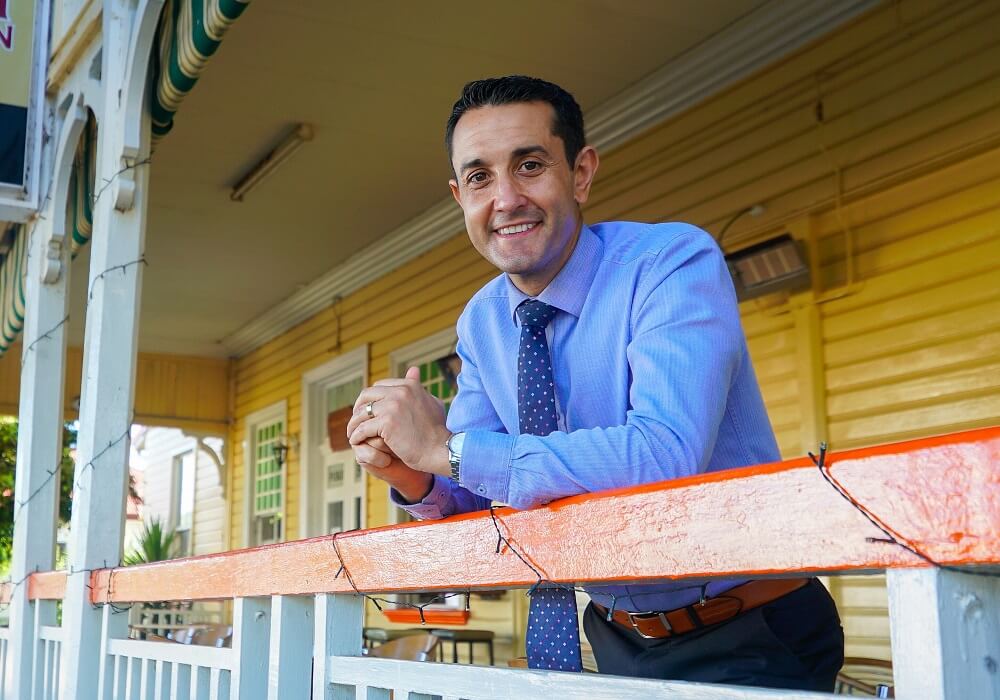SMP Magazine recently spoke with Liz Irvine who shared some insights into her grandparents’ struggle to overcome poverty and discrimination to forge a better life for their family in a new land.
As I sit here in Australia, reflecting on the journey that brought my family from Scotland to New Zealand, I’m reminded of the remarkable resilience and tenacity that defines the legacy of my grandparents. Their post-World War Two migration marked the beginning of a transformative chapter that not only shaped their lives but also left an indelible mark on the generations that followed.

My grandfather, a war veteran, returned home to Glasgow after serving his country and found himself confronted with the harsh reality of post-war challenges. Concerned for the well-being of their two elder boys amidst the turbulent streets of Glasgow, my grandparents decided to embark on a courageous journey. Their poverty also fueled their determination – I recall tales of my uncle Eddie sleeping in a crib fashioned from a bottom drawer, which was common for a lot of struggling families at that time.
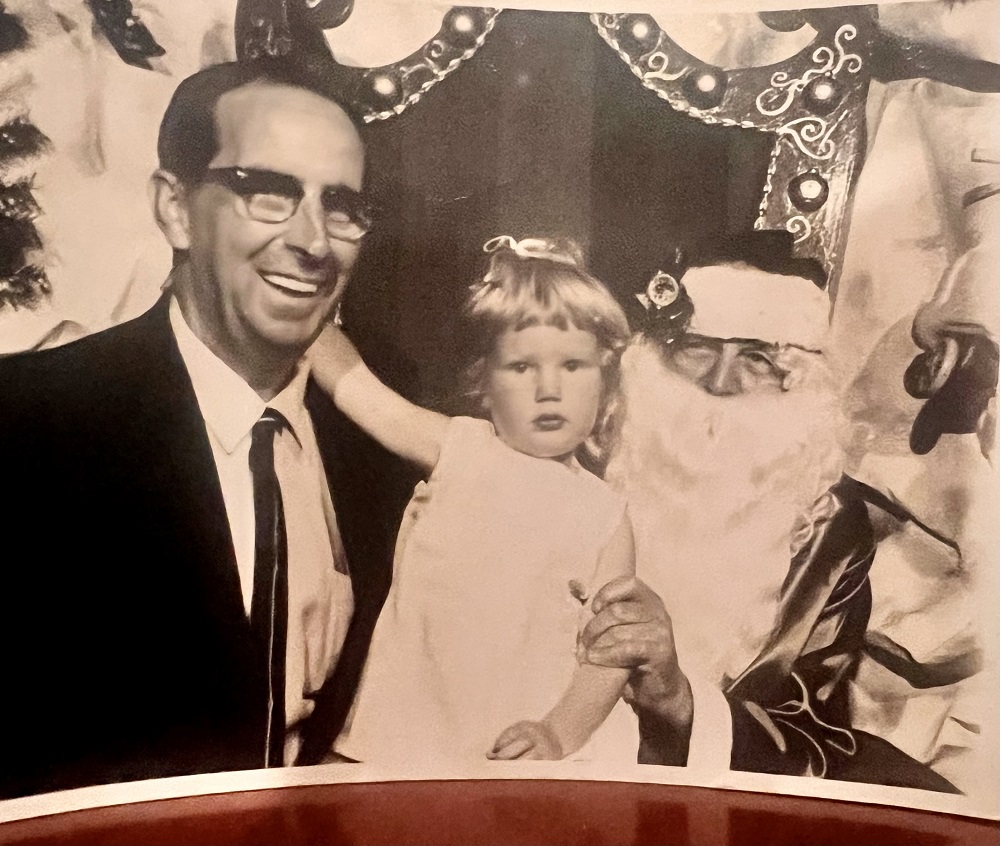
Given the choice of Australia, Canada, or Auckland, New Zealand, my grandparents chose the latter, drawn by the promise of sponsorship from my grandfather’s family. The decision required Grandad to go out to New Zealand to get a house and a job before my grandmother and their five children could follow. Little did my granny know that during this time, her own mother would pass away, intensifying the emotional turmoil she faced.
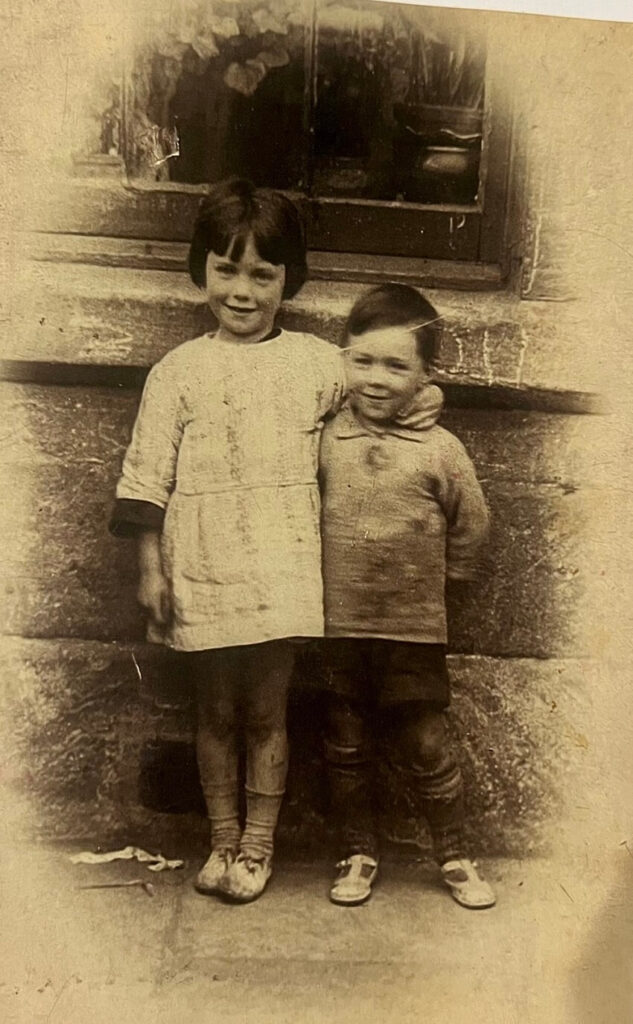
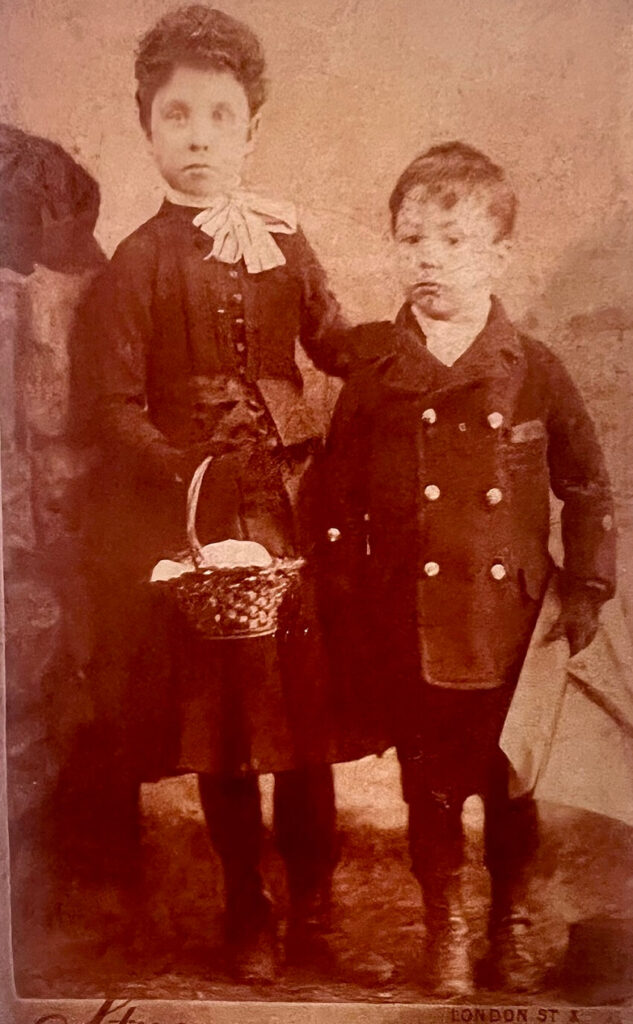
Yet, armed with a determination that defied her petite stature (she was five feet tall in heels), my grandmother became a force to be reckoned with. The bureaucratic hurdles at the port office were no match for her persistence; she pounded on its doors daily, refusing to accept a passive ‘we’ll call you’ stance.
Finally, there she was , virtually a single mother, on a six-week sea voyage with five children, aged between five and 15. She arrived in Auckland only to discover that their wealthy sponsors had withdrawn their support.
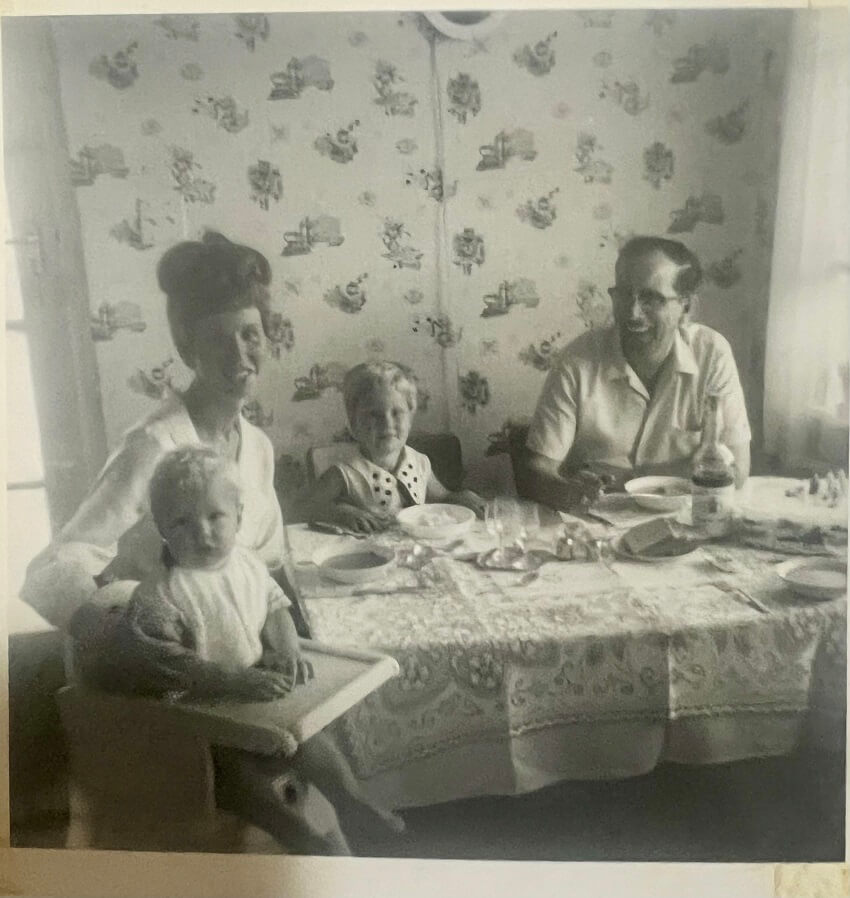
Undeterred, my grandparents moved the family to Beachlands, a secluded area with minimal amenities, to live in a beach shack. Granny was left to raise the five kids again while Grandad went off to work. Immigrants at that time were given the worst of the worst jobs because they were desperate to feed their family.
Granny would swallow her strong Scottish pride and take her little suitcase up to the bakery and the kind owner would pack it with whatever hadn’t been sold in the shop so she could feed her family.
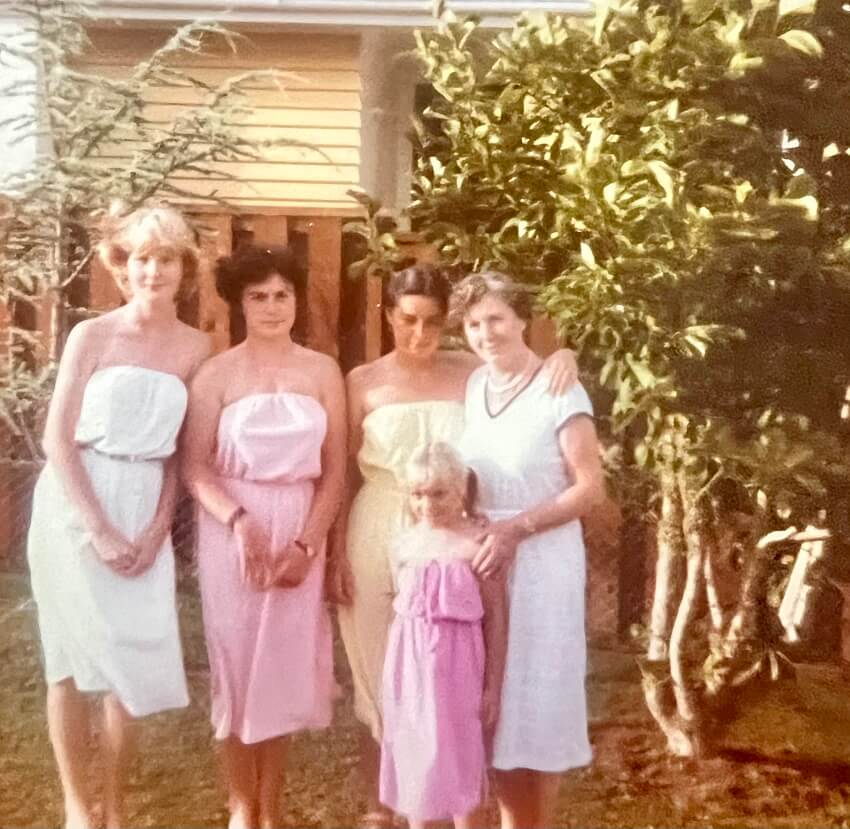
My mother and uncles remember how tough it was growing up in the little beach shack. The boys were all bunked in one room and mum had her own little makeshift room. They talked about arriving when there was a drought and not being able to afford to ship in water. They recall running down to the beach with a bar of soap when the rains finally came.
The discrimination they faced in their new homeland, evident in the cruelty of school nuns punishing them for their Scottish accents, only fueled the family’s determination to rise above their circumstances.
Despite these hardships, my grandmother secured a job at the local post office, gaining some independence and contributing to the family income. They saved a lot and were able to buy a home in a more affluent suburb, closer to the city.

The lessons learned during those early years became the foundation for the family’s identity and outlook on life. The experiences forged a bond that transcended generations, instilling a deep sense of pride and a drive to overcome challenges while never taking anything for granted.
The Scottish heritage that shaped my family’s identity provided a grounding force, connecting us to a lineage that had weathered hardships, including the banning of the Tartan and native tongue. My grandmother’s insistence on questioning the victor’s version of history fueled my curiosity, urging me to seek truths beyond the immediate narrative.
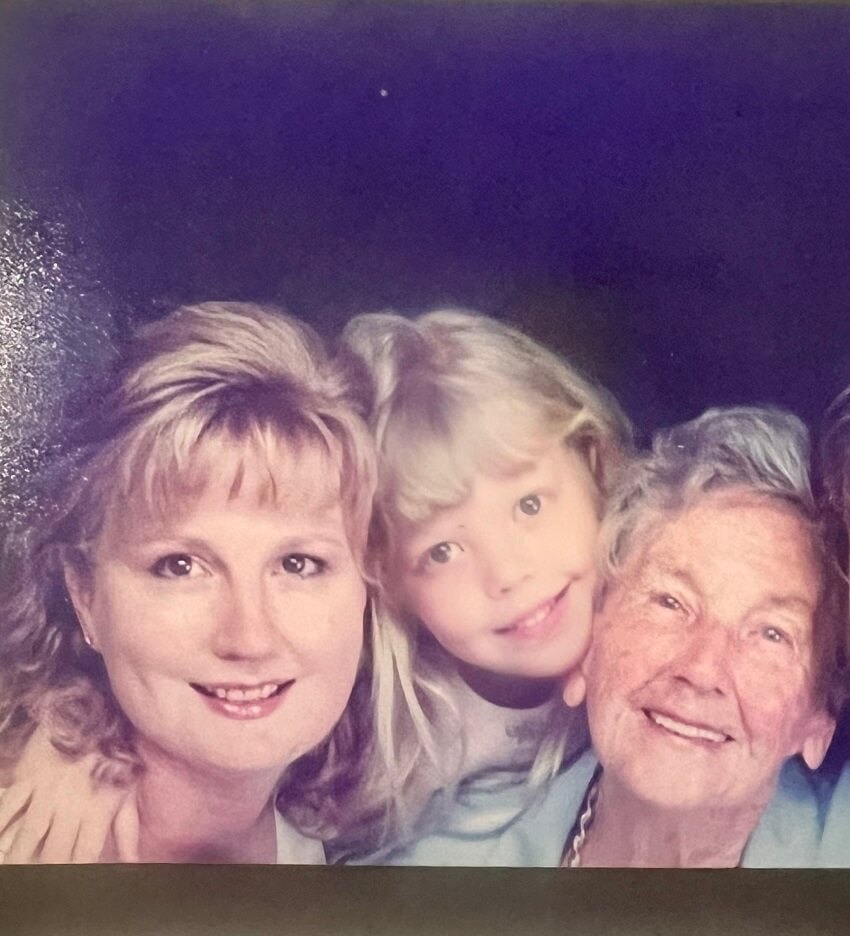
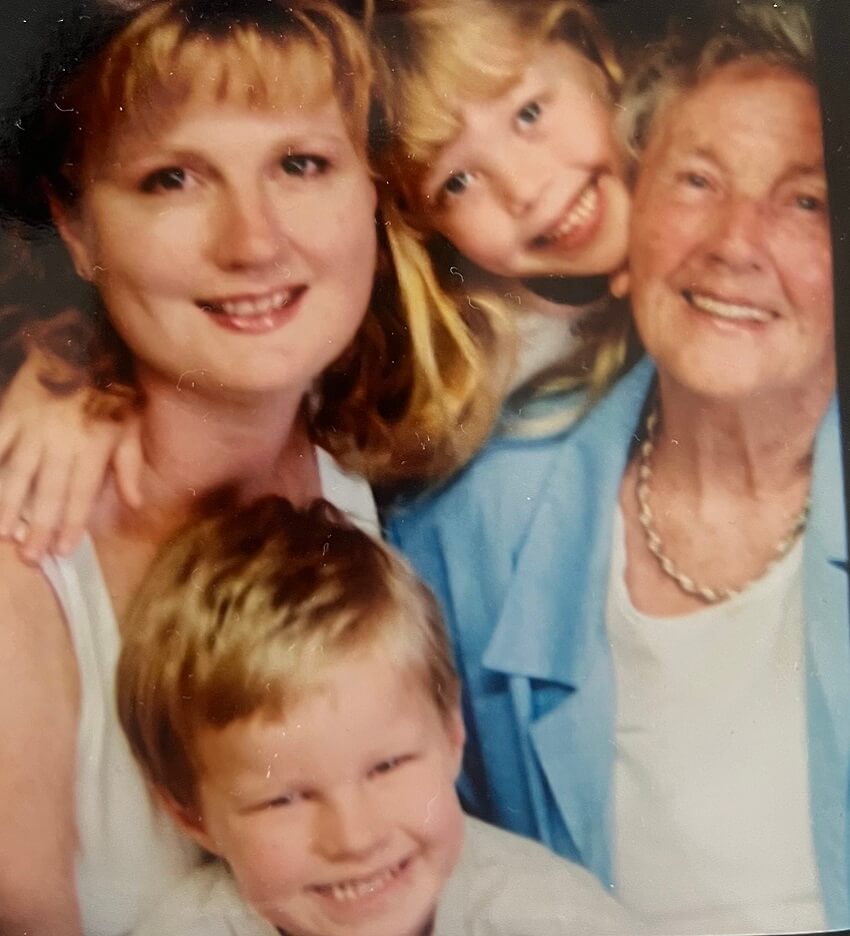
Resilience, passed down through stories of adversity and triumph, became a defining aspect of our family ethos. There are times even now where I’ll talk to my granny Mary. She might be trying to rest up in the heavens but I’m always talking to her. This resilience, embedded in my DNA, helps me to find alternative paths when faced with challenges, to put on my brave boots and step into uncomfortable spaces.
The pride in our migrant roots extends beyond personal accomplishment; it is a recognition of the contributions migrants make to their communities. Reflecting on global examples like New York City and closer to home, Logan, I see the undeniable impact of migrant communities building vibrant economies through hard work, entrepreneurship, and community development.

I carry immense pride in my family’s story, a narrative shared with my husband, whose family’s own journey mirrors the pioneering spirit of those who came before us. Our shared experiences have shaped us into individuals who not only celebrate the past but continue to forge paths for future generations, demonstrating that strength, humility, and community are the true legacies of a pioneering migrant family.

